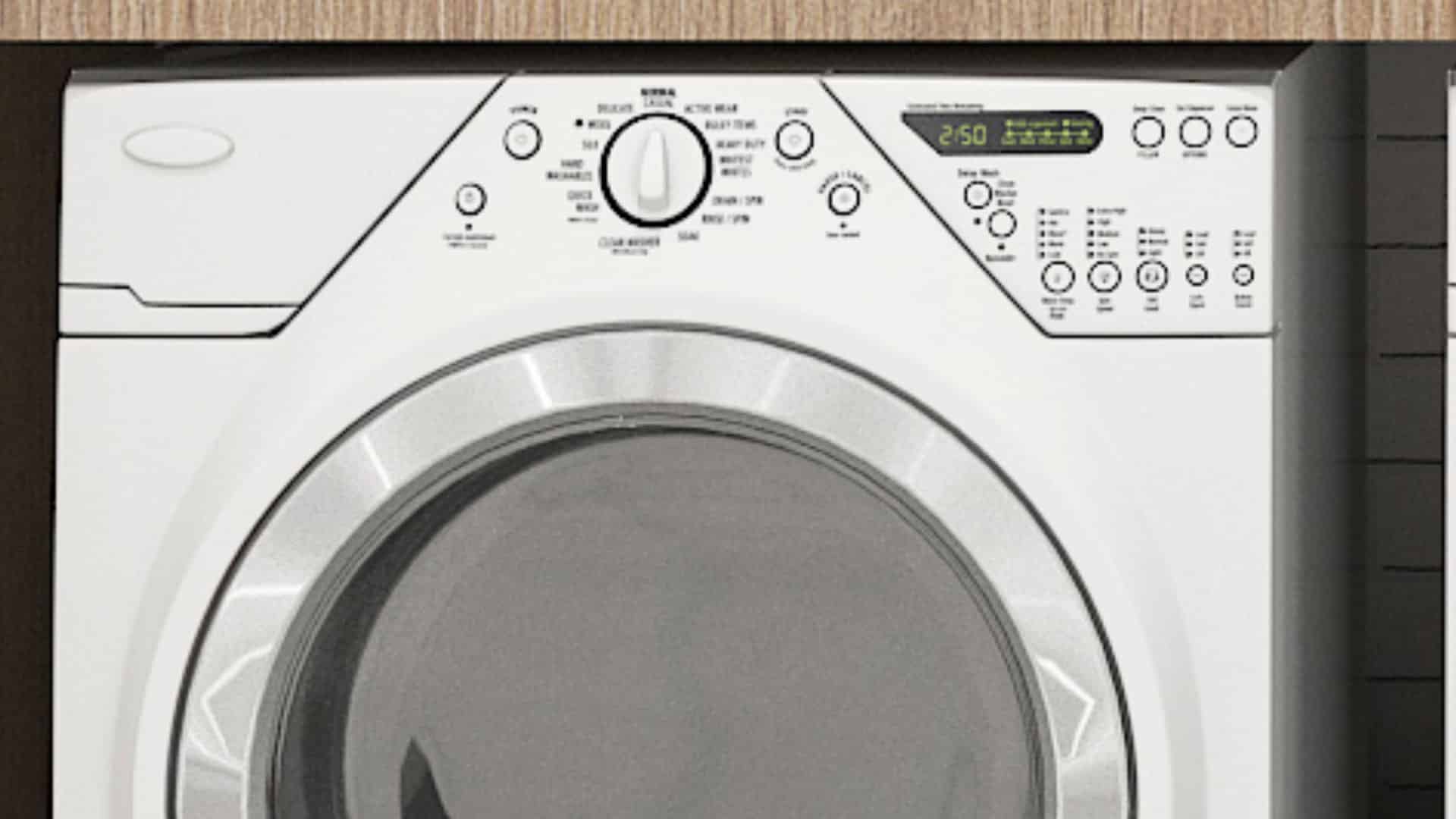
Soup. A family favorite, especially in the cooler winter months. But often, it can be time-consuming to make a great soup, so a lot of people go for the convenience of a canned or packet soup. Not that these types of soups aren’t tasty, but if you prefer the homemade variety, one simple tip to save time and money is to make a large batch of soup and freeze it. This way you’ll have containers of soup on hand to grab out of the freezer when the craving for a steaming bowl of hot soup strikes.
In this article, we are going to discuss everything you need to know about freezing soup. We’ll answer all your burning questions like what types of soup you can freeze, how to properly store it, why you should freeze soup, how long you can freeze it for, how to reheat it, and which containers to use to freeze soup in.
What types of soup can I freeze?
Pretty much every variety of soup can be frozen and will keep for many months. But some freeze better than others. As a rule of thumb, soups that don’t contain any dairy, pasta, and grains freeze much better than those that do. For example, chicken soup with a broth base or a pureed vegetable soup is a lot better to freeze than a creamy mushroom or chicken and pasta soup. This is because the dairy often turns grainy, and the pasta and grains can absorb a lot of the liquid, which ruins the consistency of the soup.
If you want to freeze a dairy or grain-based soup, one way to get around the problem is to leave the dairy and/or pasta and grains out of the soup mixture that you freeze and add them fresh when you defrost your soup. For example, make a chicken soup mixture that’s more of a concentrate, and when you defrost a portion add some cream when heating it to thin it out.
Tips for freezing soup
When making a batch of soup to freeze, there are some basic tips you can follow to ensure your soup freezes well and comes out perfectly when defrosted at a later date.
These are our best tips:
- Let it cool down. Always let your soup completely cool down before putting it into your freezer. The main reason for this is safety. Putting hot or warm food into the freezer straight-away increases the risk of foodborne illnesses, so it’s important to let it fully cool down before placing it into the freezer. If you want to speed up the cooling down process, pour your soup into smaller containers and then place them into an ice bath.
- Use the right containers. To make it easier to get out the right number of portions at a time, it’s a good idea to put your soup into a small container or freezer bag. Also, make sure you use freezer-friendly bags and containers to avoid issues like freezer burn.
- Label your soup. This makes it easier to track which type of soup it is and when it was made. You’ll avoid getting the wrong soup out of the freezer and you’ll be able to make sure it hasn’t been sitting in the freezer too long.
Why freeze soup?
Most of us are living very busy lives and don’t have a lot of time to prepare healthy, nutritious meals three times a day. This is what makes soup such a great thing to freeze as it can easily be pulled out and reheated at short notice. If, for example, you come down with a winter illness and don’t feel like cooking, you’ll have a freezer full of tasty meals on hand to easily cook up.
Soup is also easy to pack full of healthy ingredients and uses up vegetables and other pantry items that need to be cooked. Not only will you avoid having to throw out food, but it will save you money too. Soup also happens to freeze well and last for months before it needs to be eaten.
How long can I freeze soup?
As a rule, soup can be safely frozen for three months. However, broth-based soups will properly be fine for six months. It’s not just a food safety issue. Soup can also get freezer burn or can split if kept in the freezer for too long.
How do I reheat frozen soup?
When the time comes to reheat the frozen soup, you have a few options. These include taking it out of the freezer and leaving it to defrost naturally, or if you don’t have much time, place the container or bag into a water bath or defrost it in the microwave. Once thawed out, you can place the soup in a saucepan and heat it. If your soup mixture has thickened up, you can add extra liquid to thin it out. You may also need to add some additional seasoning to bring the soup back to life.
Should I use bags or containers to freeze soup?
When freezing soup, you can use both freezer-friendly bags and airtight containers. Freezer bags are a good option because you can lay soup out thinner in the bag, which makes it easy to defrost. Containers are a better option when you want to freeze a larger portion of soup. Whichever option you choose, make sure you use high-quality bags or containers as these will be less likely to break and cause freezer burn and leaks to occur.
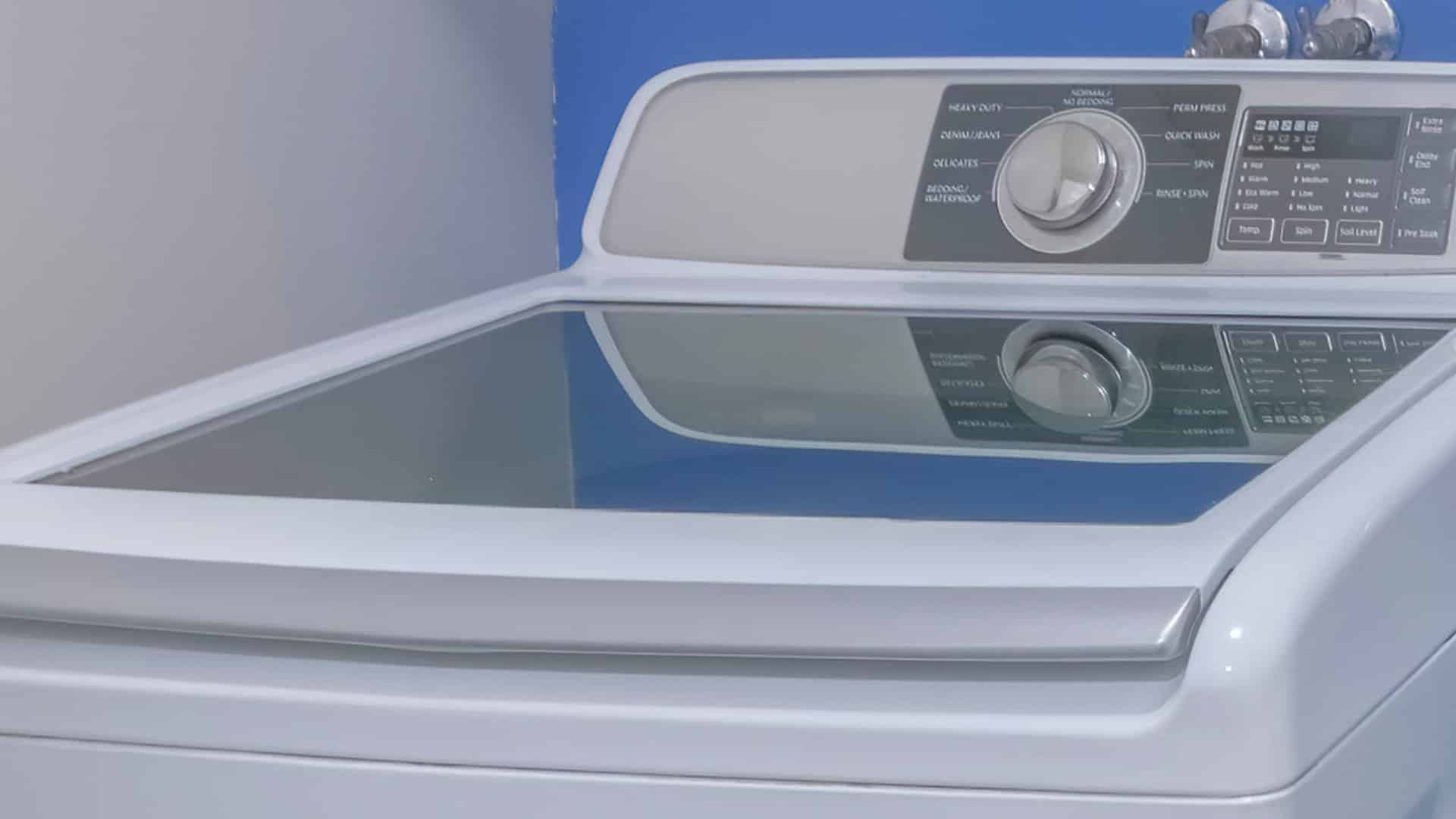
How to Fix the nF Error Code on a Samsung Washer

Kenmore Elite Dryer Issues: How To Troubleshoot

Microwave vs. Oven: Pros and Cons and How They Differ
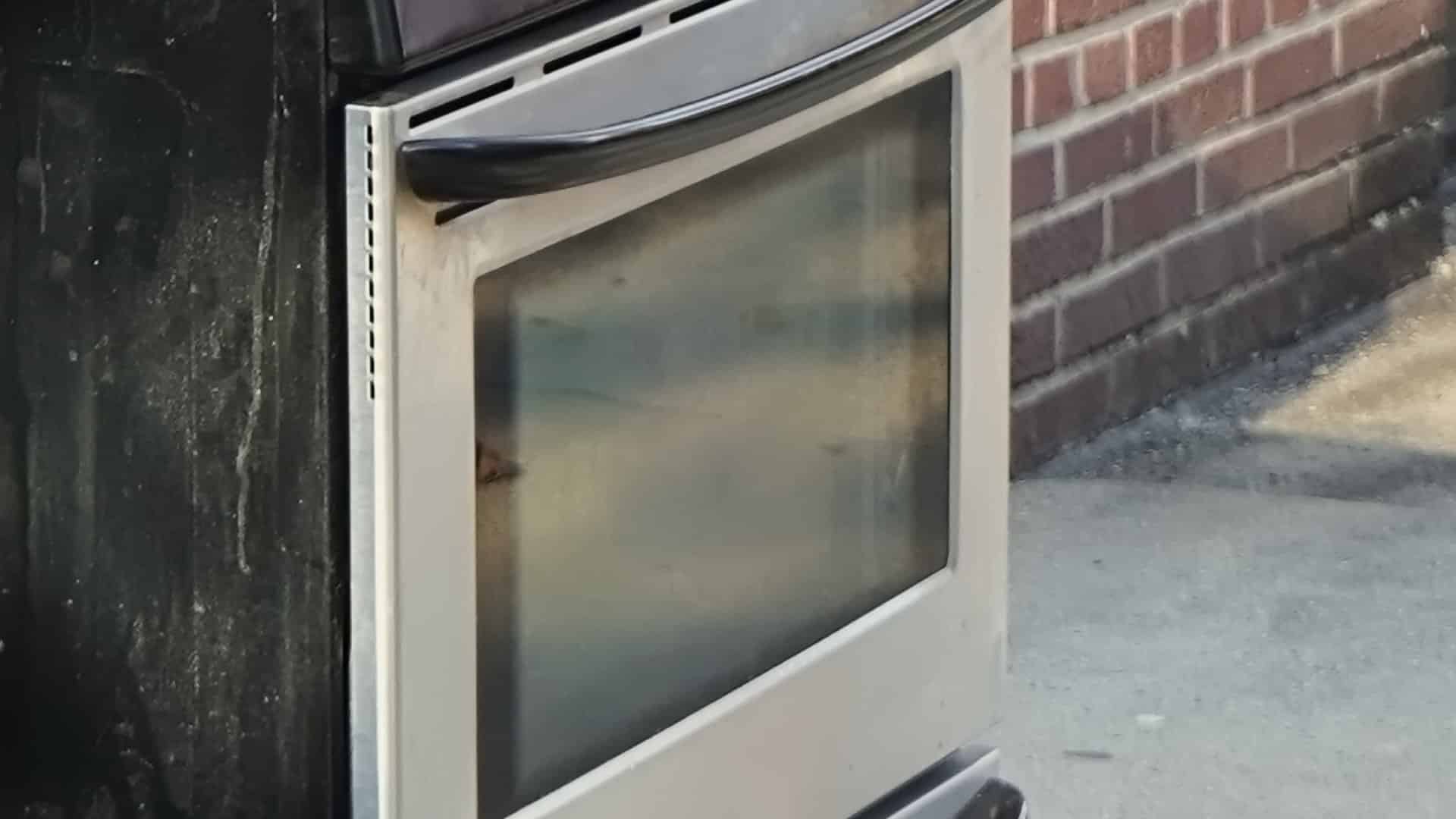
Self-Cleaning Oven Smell: Causes & Odor Reduction Tips

Frigidaire Ice Maker Not Working? 7 Ways to Fix It
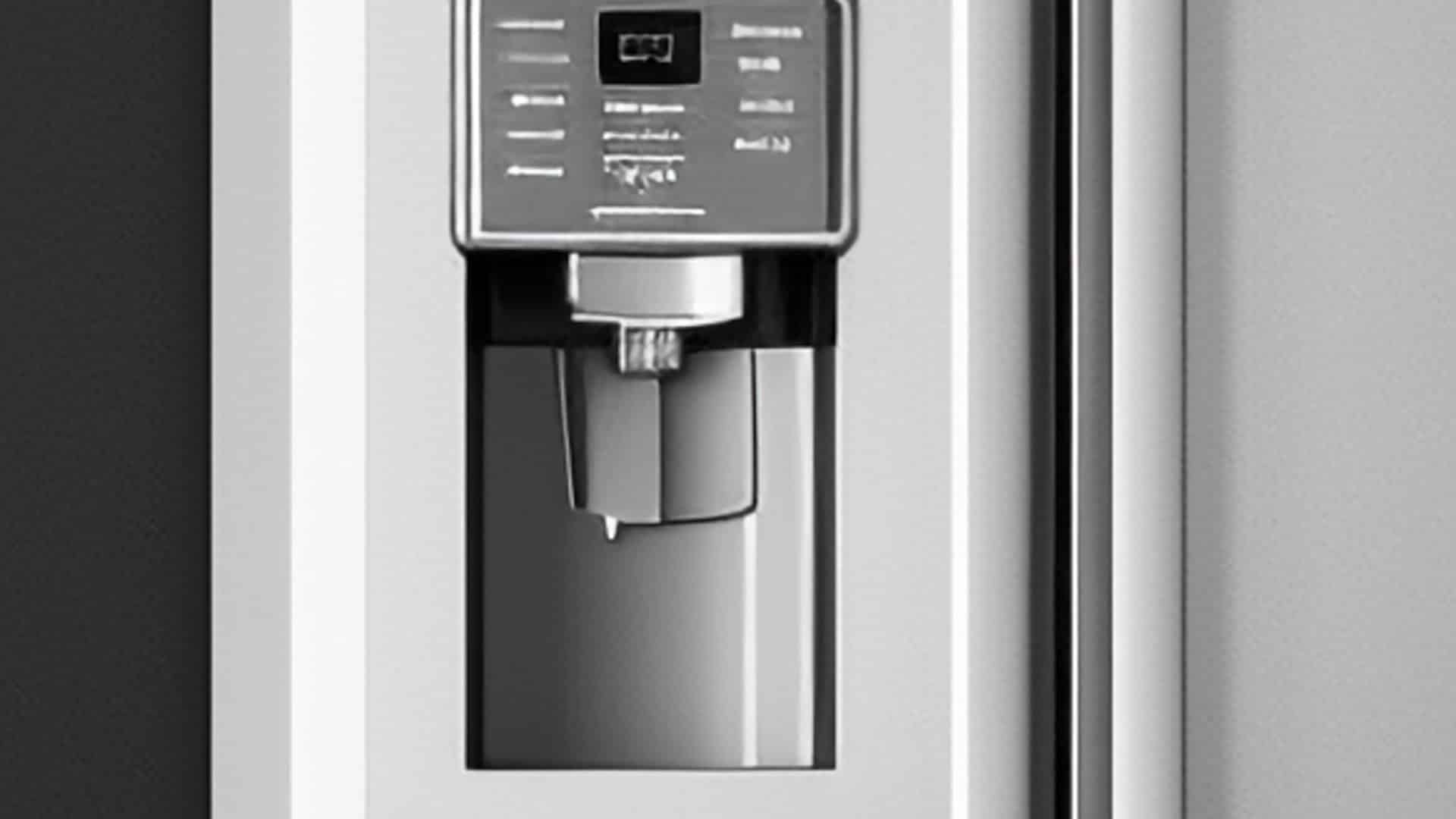
Why Is Your LG Refrigerator Not Cooling? (9 Common Reasons)
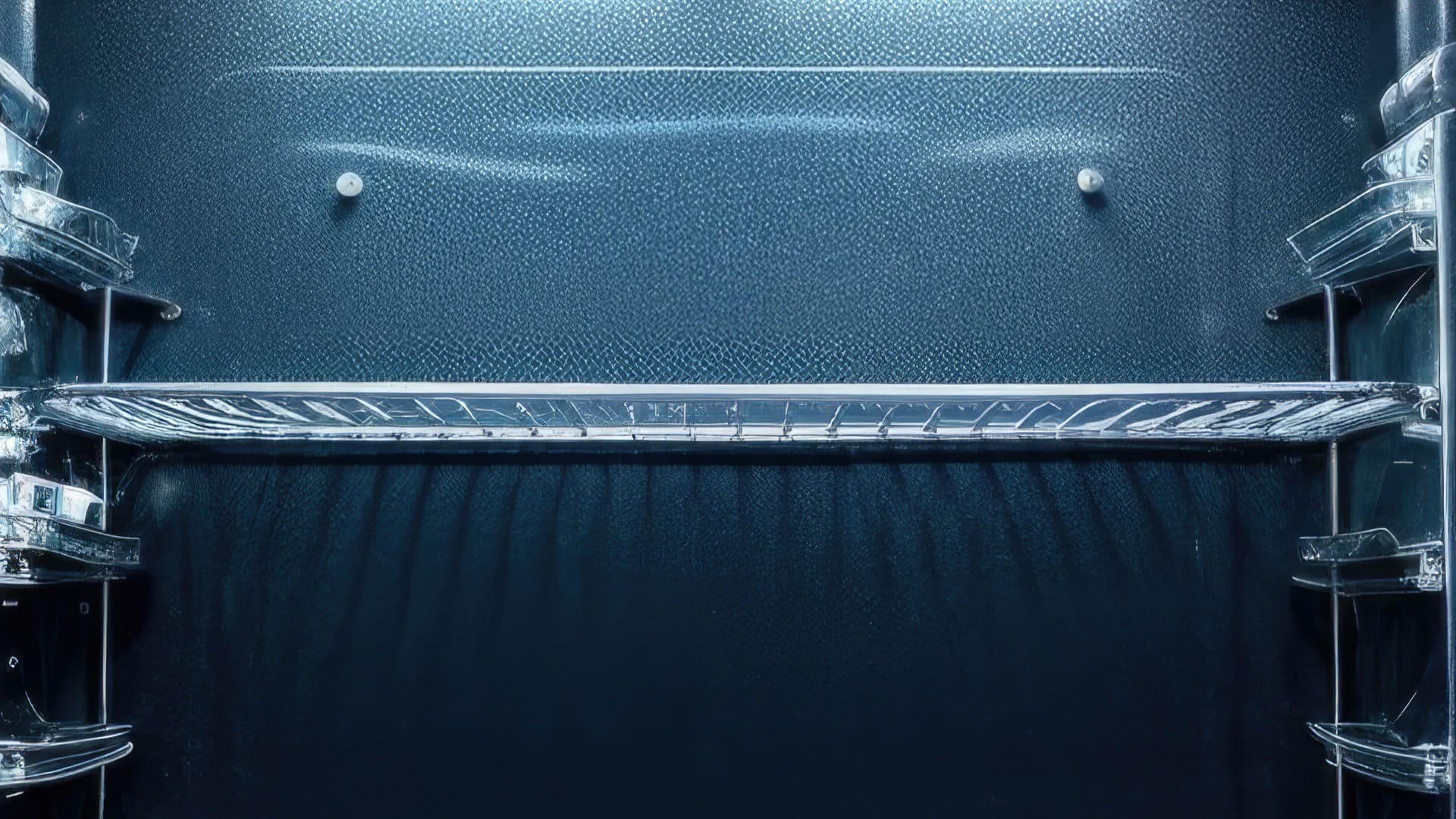
GE Oven F2 Error: Causes & Solutions
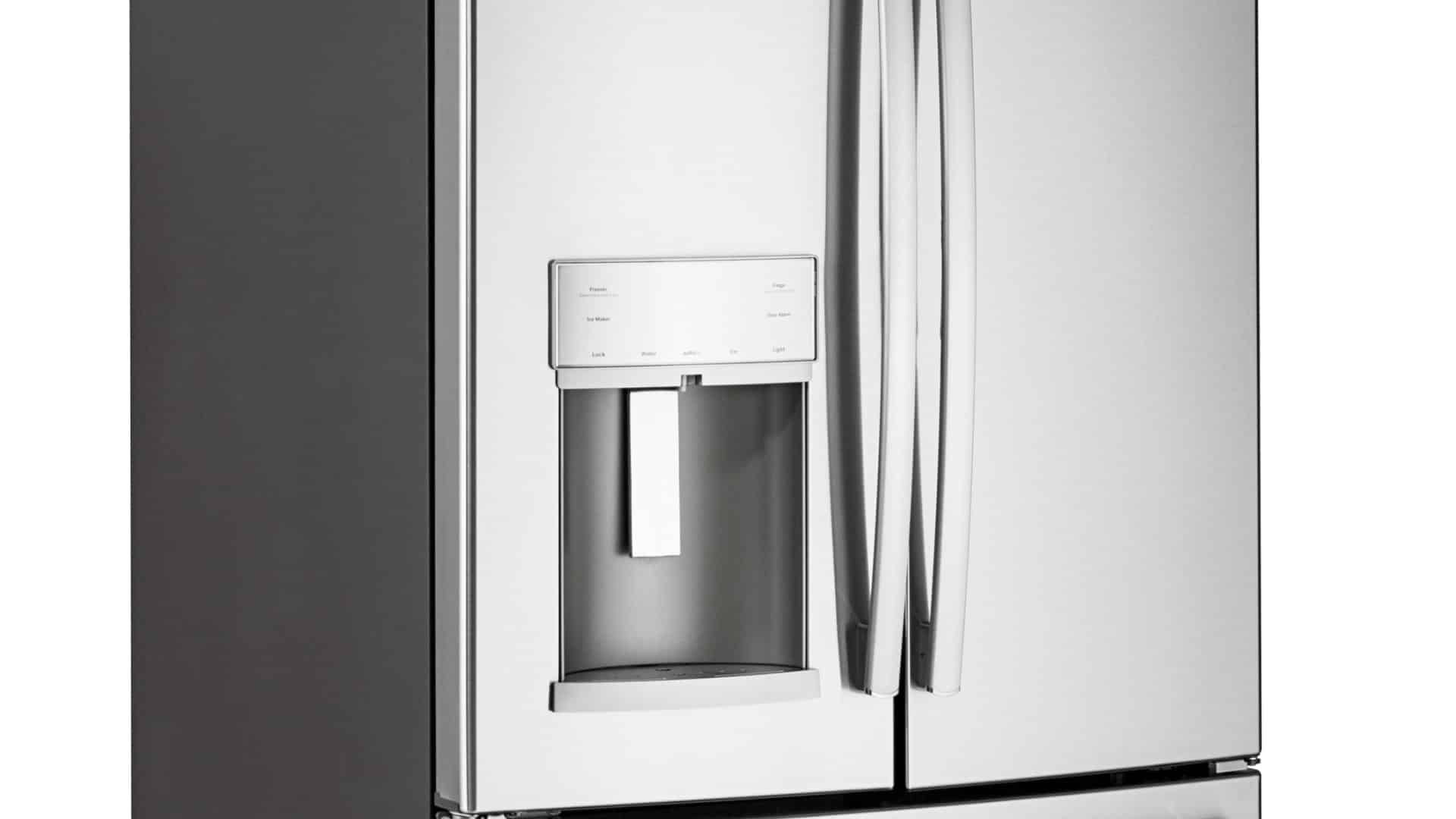
How to Reset the Water Filter Light on a Samsung Refrigerator

Maytag Washer Showing F5 Error Code? Here’s What To Do
